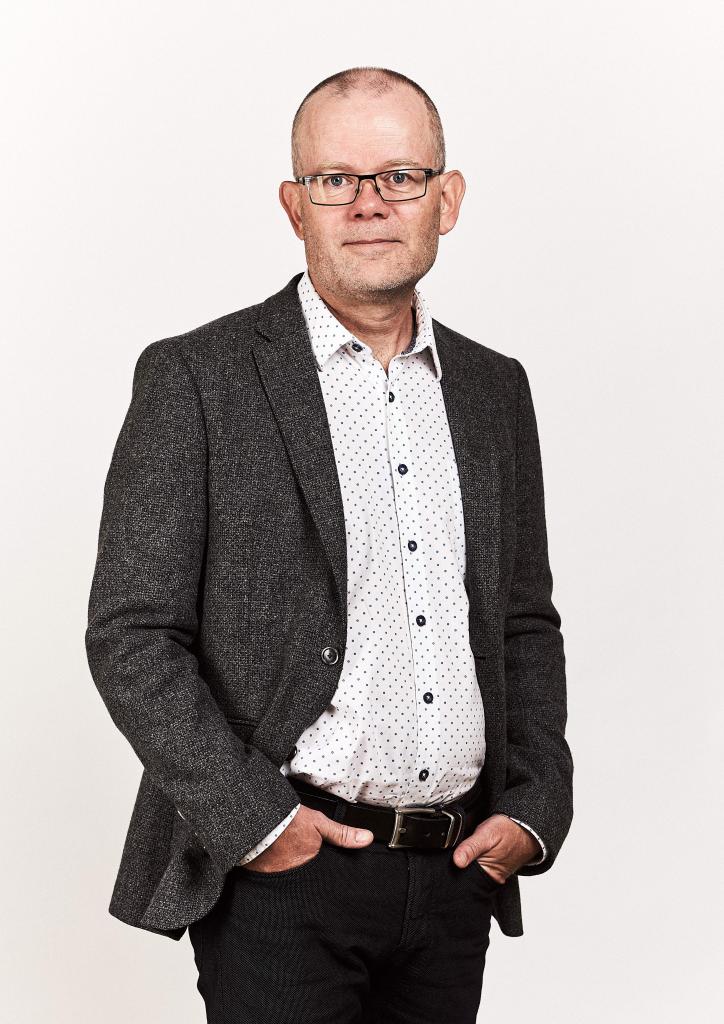Denmark was the first country to form an ORCID consortium back in 2014. After a pilot investigating possibilities and advantages with ORCID, six of the eight Danish universities agreed to work together with the university colleges to form a Danish ORCID consortium. Deff, Denmark’s Electronic Research Library funded both the pilot and the implementation project led by the consortium.
The implementation project had a goal of 80% ORCID coverage among Danish researchers. Most of the consortium members reached this goal, and there was a high degree of focus on ORCID among Danish researchers during the project period, 2014-2016. It was a chance for the universities and other research organizations in Denmark to work together on an interesting project, focusing not on measuring researchers and universities against each other but, more positively, on making things easier in the research world. We learned a great deal about the ways information flows between systems, and we got involved in suggesting new solutions to our vendors of information handling systems.
When the Danish implementation project ended, Deff became consortium lead in Denmark. This was not a lasting solution however, because Deff was not involved in the day-to-day work at the universities. Therefore, the Danish research community faced 2018 without an ORCID consortium.
Universities and research institutions in Denmark all have a CRIS (current research information system) with extensive information on their researchers and research output. It is the same system used by all institutions and so cooperation and knowledge-sharing is common among Danish research institutions, when it comes to research information workflows, research registration, and analysis. Maybe because of that, it was clear after a short period, that we would be able to reestablish a Danish ORCID consortium.
Starting in January 2019, Denmark has an ORCID consortium again, with Aalborg University acting as consortium lead for the three-year period of the agreement. The “new” consortium now includes seven universities, the university colleges, hospitals in the capital region, and architecture and design schools – 10 institutions in total.
ORCID-DK looks forward to working for increased ORCID implementation and adoption in Denmark, together with the ORCID organization, other ORCID consortia, and ORCID members around the world.
The consortium has formed a steering group with a representative from each of the 10 members. The steering group plans a meeting at least once a year, where all members will be present. If necessary extraordinary meetings can also be held. The meetings will include:
- Strategic discussions of ORCID efforts in Denmark, including coordination of cross-cutting activities
- Strategic discussions and recommendations on how best to collaborate with publishers, funders , and other stakeholders on the use of ORCID
- Initiating and coordinating cooperation with national and international strategic partners around ORCID initiatives
- Strategic discussions of ORCID initiatives through status reporting from the consortia lead
- Reporting on each individual organization by the relevant steering committee member
- Determining the consortia lead’s working hours and travel expenses
Universities and research institutions currently participating in the Denmark Consortium are:
- Aalborg University
- Aarhus University
- The Royal Danish Academy of Fine Arts, Schools of Architecture, Design and Conservation, Aarhus School of Architecture and Design School Kolding (research portal: https://adk.elsevierpure.com/en)
- Copenhagen Business School
- Copenhagen University
- The Capital Region of Denmark
- Roskilde University
- Technical University of Denmark
- University of Southern Denmark
- University Colleges Denmark (research portal: UC Viden)
